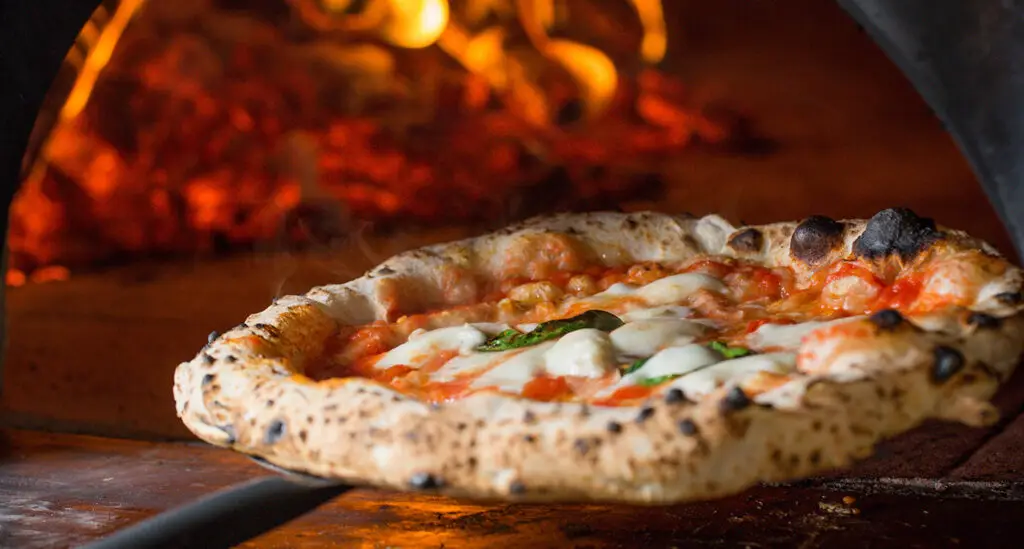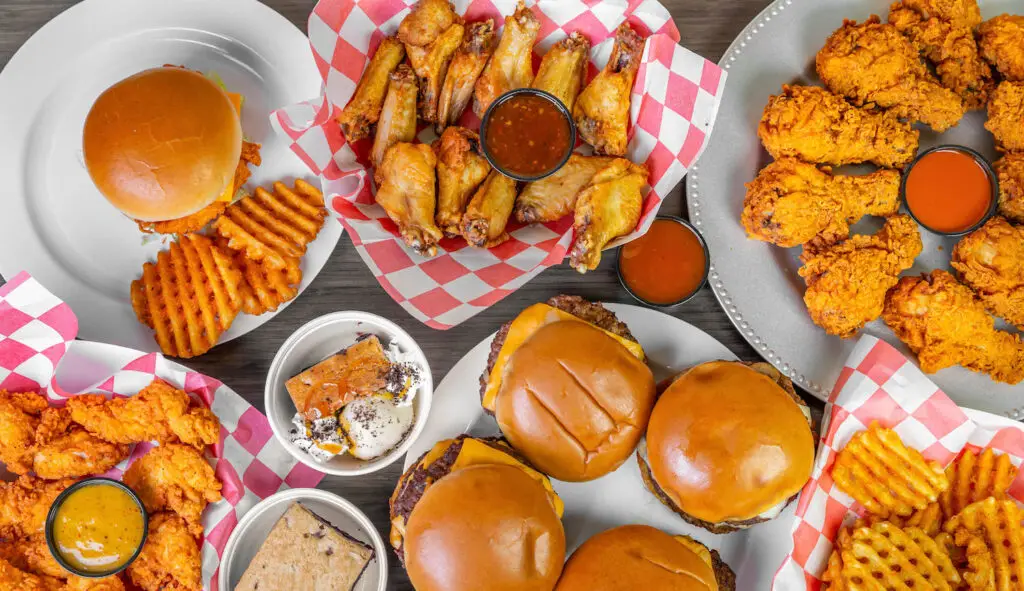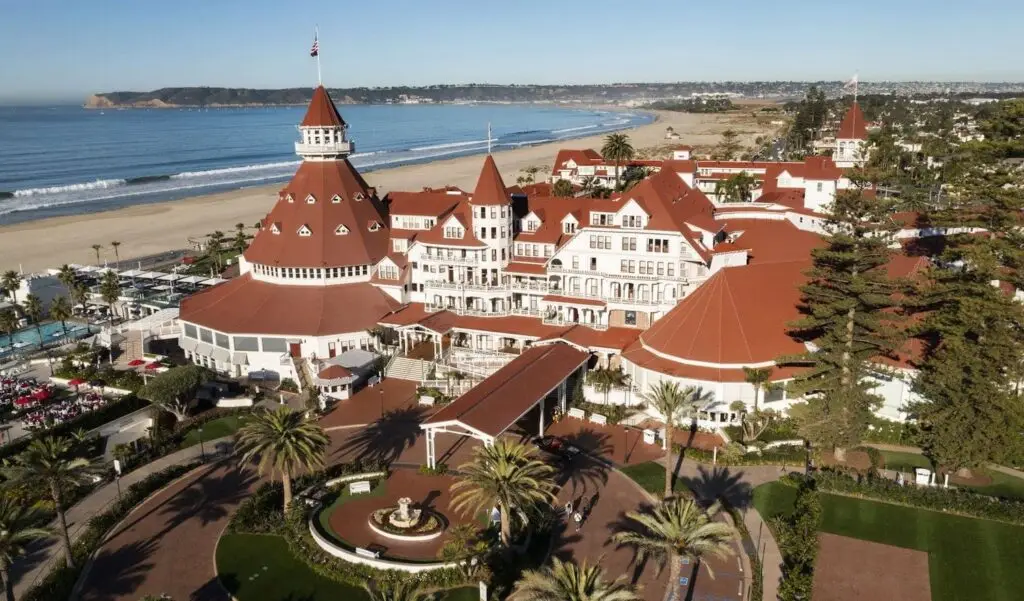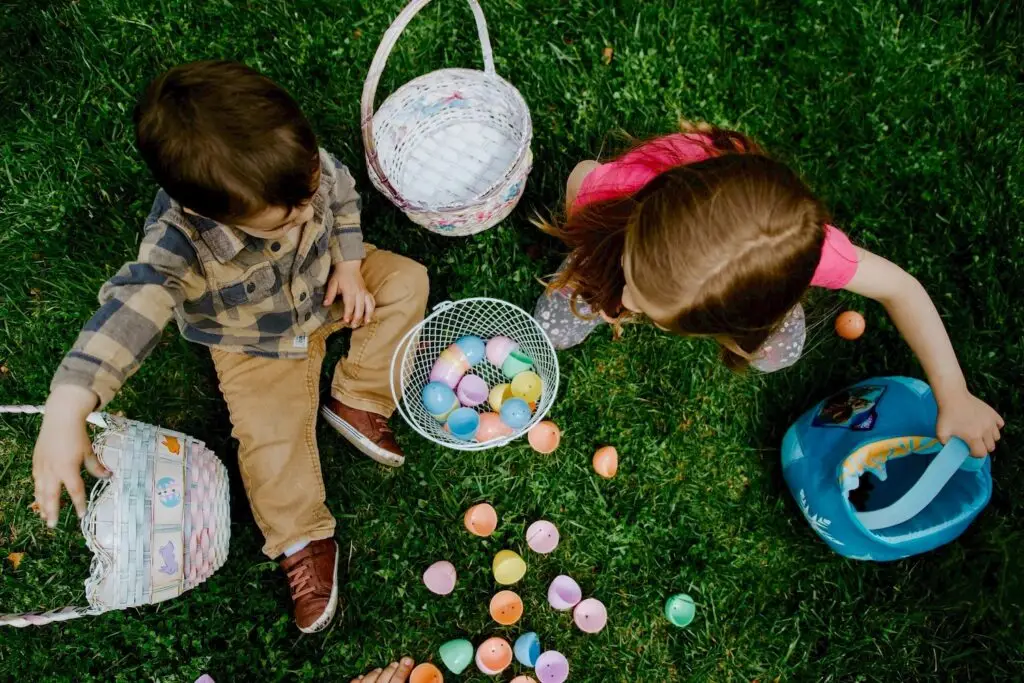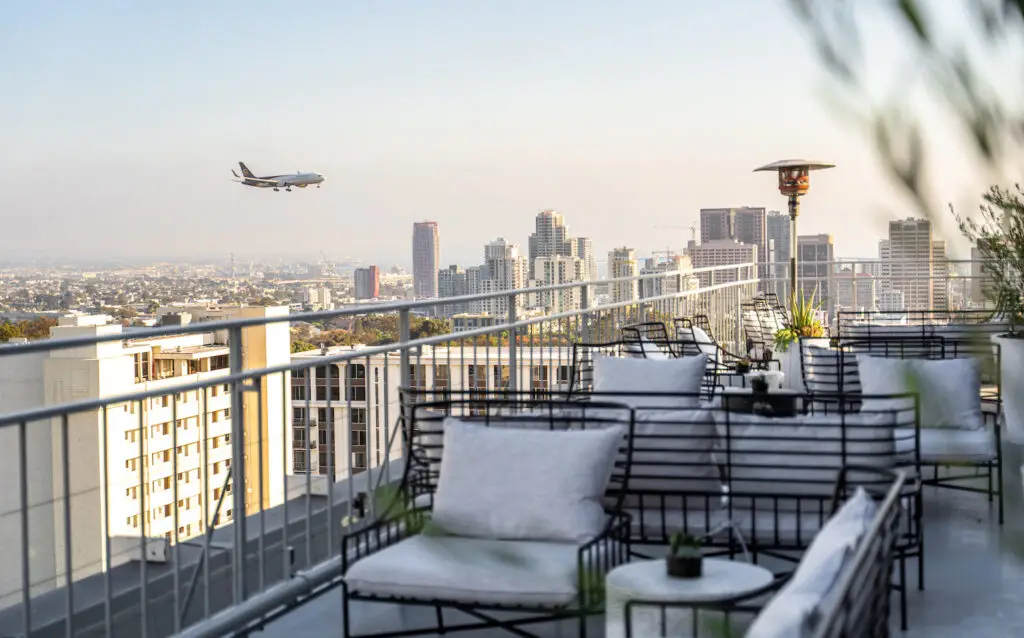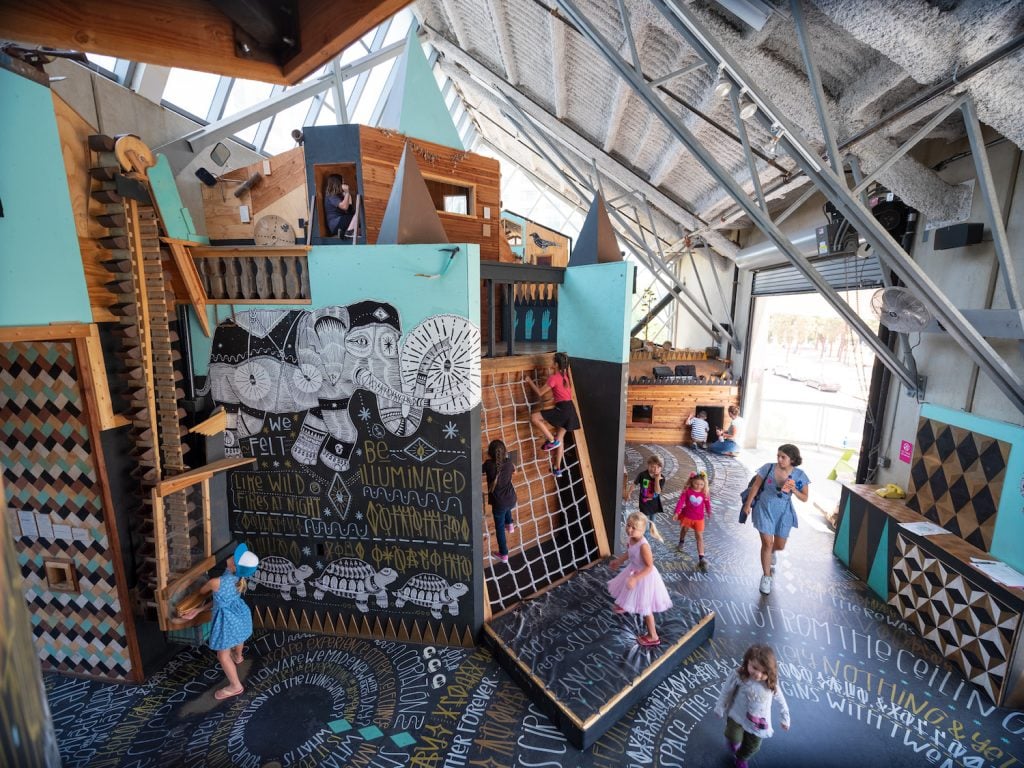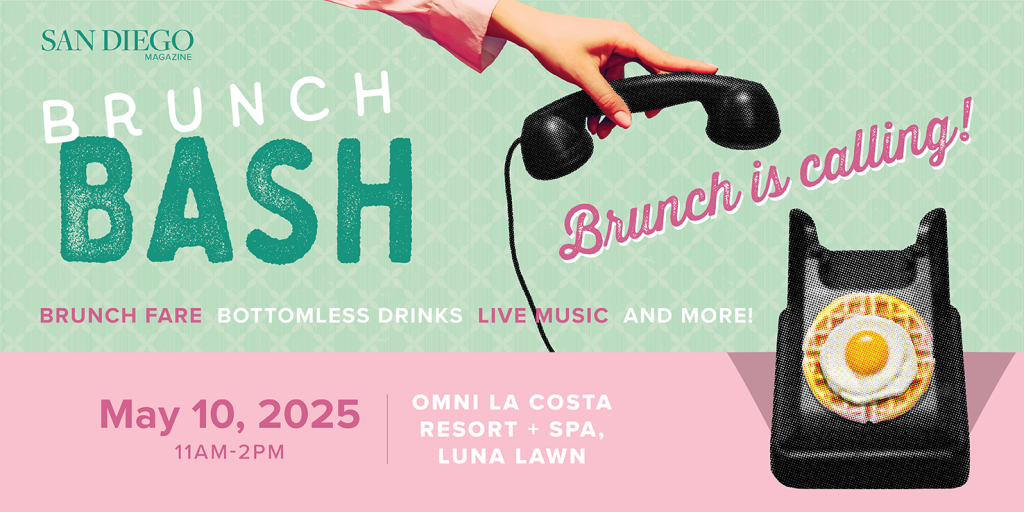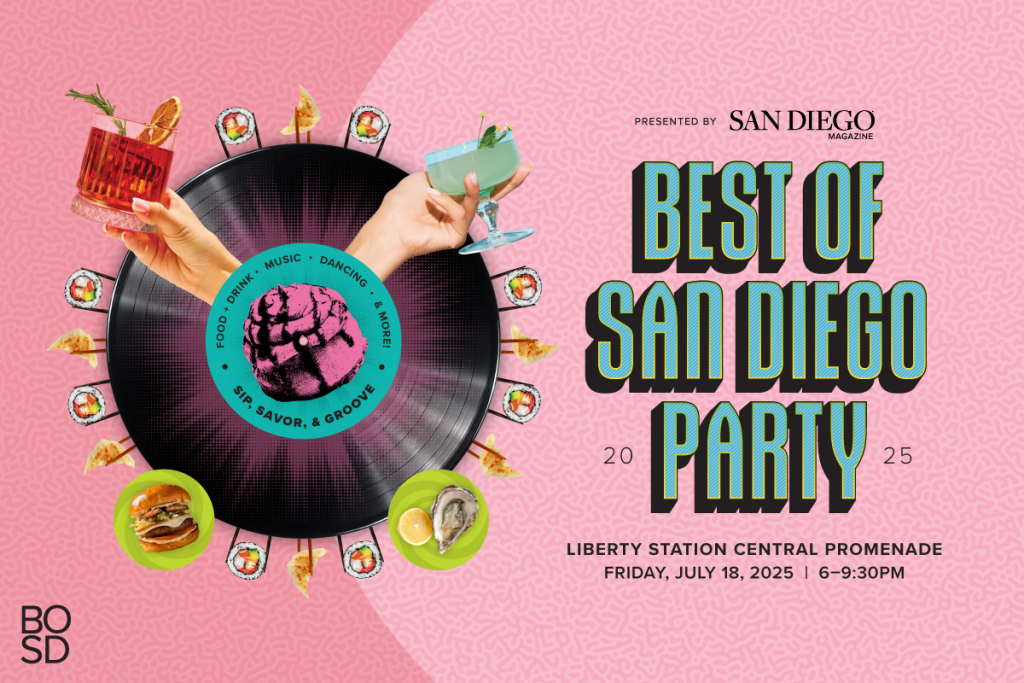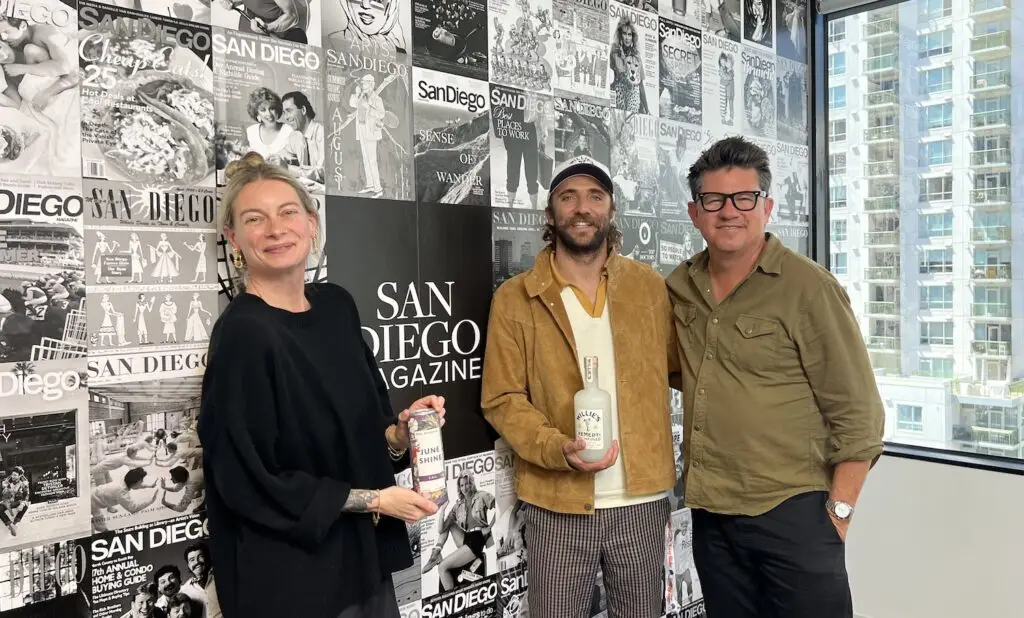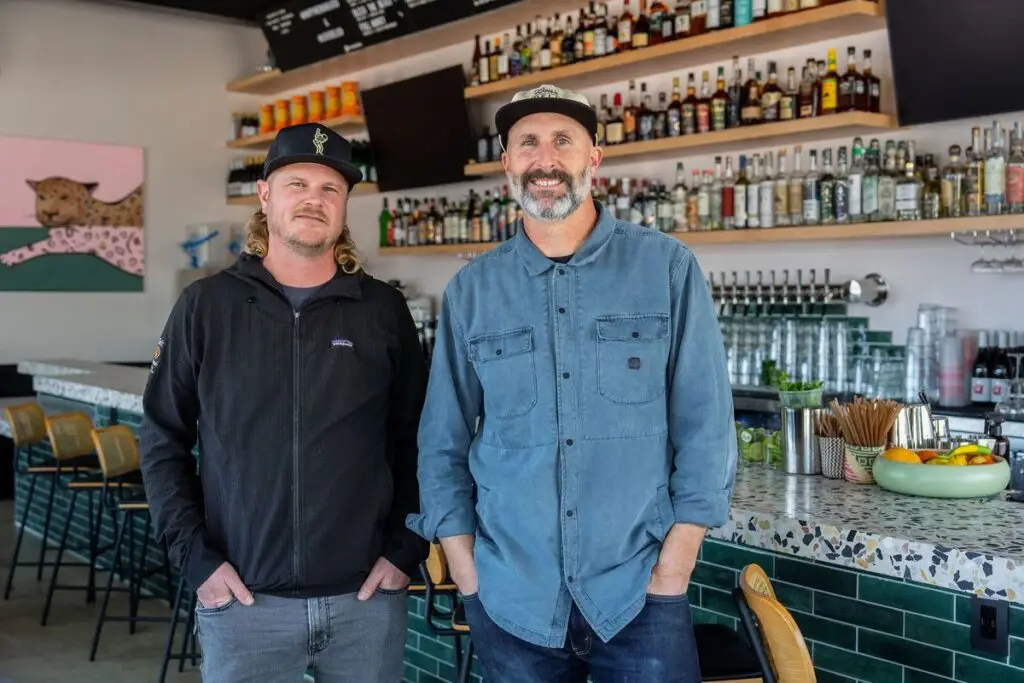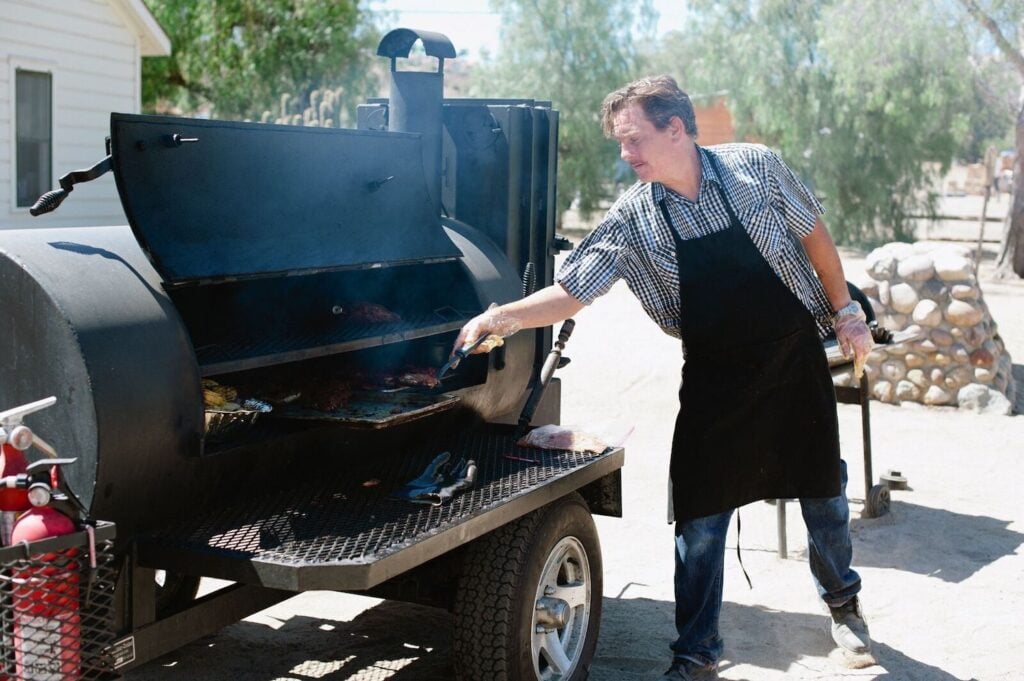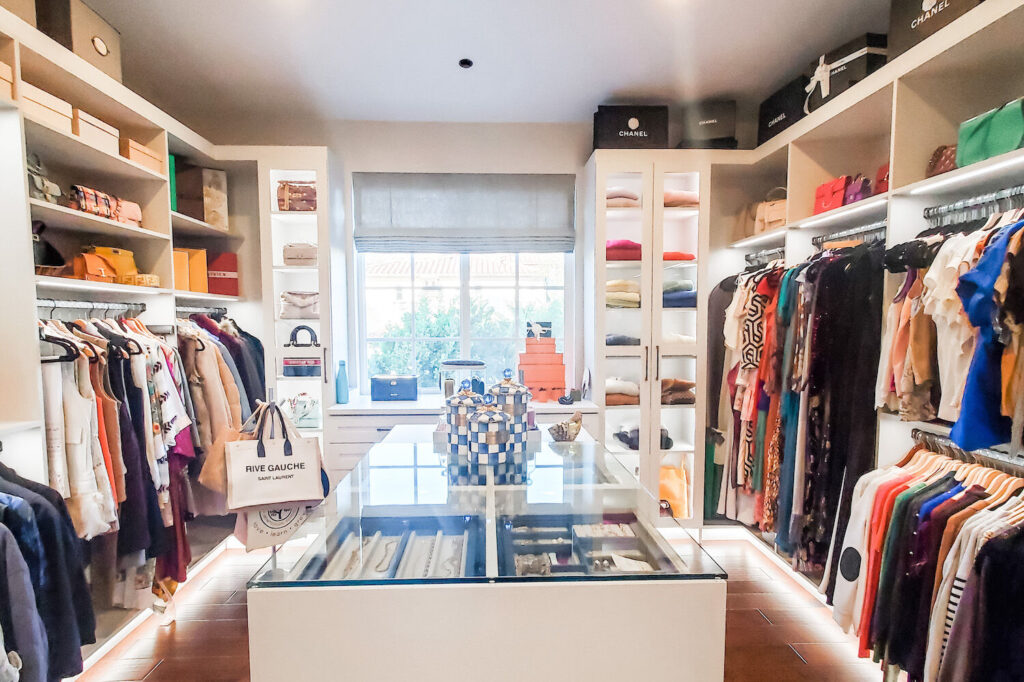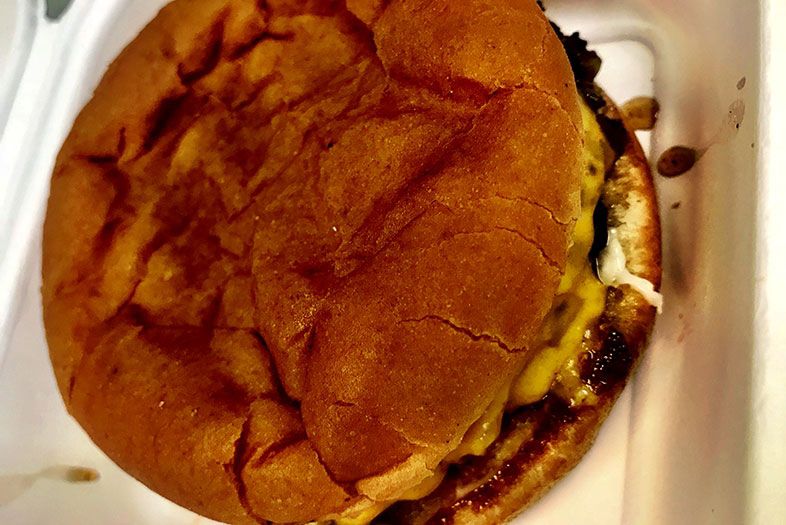We used to be regulars. We would find a restaurant we liked, and show up again and again. Small-restaurant owners focused on making a positive impression, developing long-term relationships with customers, and counting on their repeated patronage to survive.
But in the age of social media, nothing is regular. Eating at a restaurant more than once hurts your social cachet. Hunting new restaurants is the sport now (thus why Yelp has a “Hot and New” filter). The thrill of the new has replaced the reliable pleasure of the not-as-new. We go to a restaurant once, maybe twice, snap our photos, document the experience, and move on.
There is no long-term relationship. We speed-date restaurants. We one-night-stand chefs and owners. Our restaurant promiscuity has become a badge of esteem. Look at my Instagram account. I’m guilty, regardless of whether it’s my job or not.
We don’t have this sort of promiscuity with other businesses. We find a dry cleaner we like, and we use it over and over for years. Same with dentists. The dry cleaner and dentist are lucky that there’s nothing sexy about what they do. We don’t move from one dentist to another so that we can document their teeth cleanings on our Insta.
Restaurants have the burden of being far, far sexier. Social media users depend on photos of restaurants’ awesome short ribs and churros to build their own “brand.” And the only way to build that “foodie” brand is to check off as many restaurants as possible, to document your hyper travels from dish to dish to dish to dish. We used to rain money down on our favorite restaurants, helping their bottom line, but now we sprinkle our pocket change all over town.
Matt Gordon, chef-owner of Urban Solace and Solace & The Moonlight Lounge, is sitting in my living room. I’ve known Matt for a while. He’s not a complainer. He doesn’t peddle the woe-is-me. His restaurants have benefited from social media (Those sticky buns! That duckaroni!). Over coffee, he’s simply refreshingly honest about the difficulties of running a restaurant. And what he sees right now, in talking to his restaurateur friends, is troubling.
“I really wish people had a list of five neighborhood restaurants they enjoy,” he says. “Put that list on their fridge and say, ‘I need to support these people with my money.’ Because otherwise a lot of the neighborhood restaurants are going to go out.’”
We both acknowledge social media’s power to attract customers. But there’s also a downside, and that has a lot to do with fetish. Instagram fetishizes dishes. When the internet latches onto a dish, when the likes and shares soar (like this “Unicorn Shake” at Crème & Sugar), that food becomes a must-try. It becomes the equivalent of the Eiffel Tower or the Statue of Liberty. Everyone feels an intense need to go to it, snap their photo, check it off their list.
In San Diego, Instagram fetishized the burger at The Balboa, then the “freakshakes” at Facing East (the Convoy restaurant has since stopped serving them, because Instagram made them far too popular and the profit margins on them were far too small), then the “Dirty Flat Top Burger” at The Friendly.
All of them are worthy, and all that attention was great for those small-business owners. But sooner or later their social-media hit will be replaced by another. The food internet will move on. The burgers and the shakes will still be excellent, but your post about it won’t, because it will be the 9,000th time that post has been done.
So what’s the solution? Ideally, the promiscuity will return to saner levels. Instead of having relationships only with the new and the viral, we’ll realize the value in having a relationship with a local business owner. We will support them by returning. By not always newing. Sure, chase the hot new thing. But also support, repeatedly, the great older thing run by a person who built a good thing for a neighborhood.
Give restaurant monogamy a try.
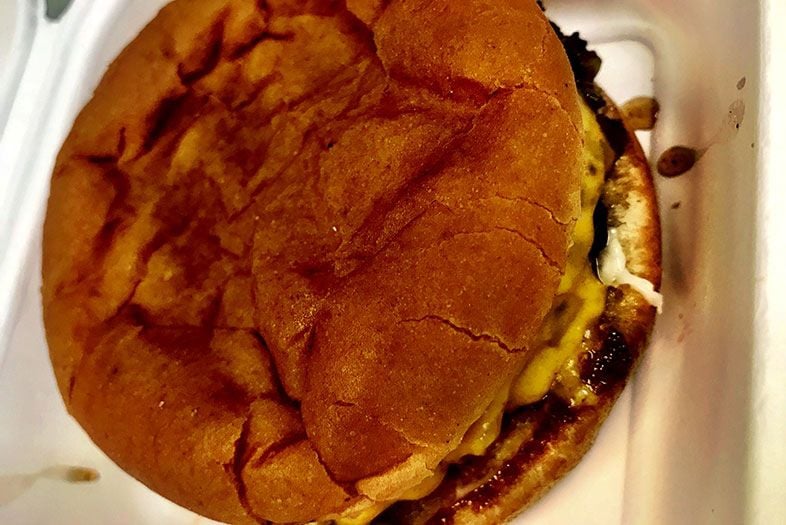
Your Restaurant Promiscuity Is Out of Control
The Dirty Flat Top Burger at The Friendly
